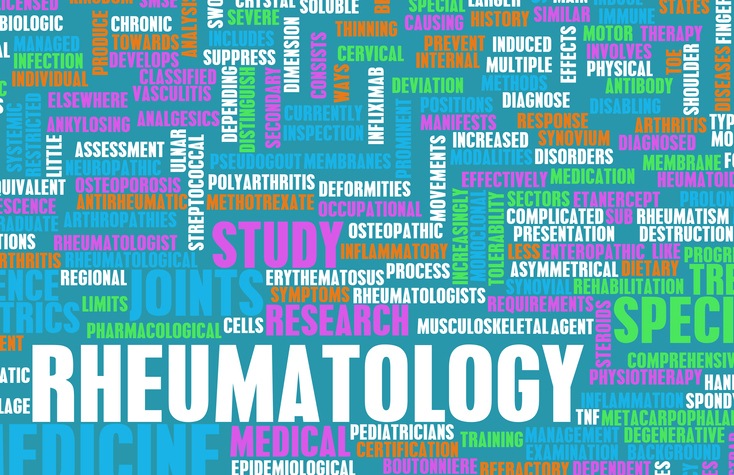
COVID-19 Vaccines Seem Safe in Rheumatic, Musculoskeletal Disease Patients
For patients with rheumatic and musculoskeletal diseases (RMD), flare is uncommon following severe acute respiratory syndrome coronavirus 2 (SARS-CoV-2) mRNA vaccination, according to a study. Study researchers examined disease flare and postvaccination reactions in 1,377 patients with RMD following two-dose SARS-CoV-2 mRNA vaccination. Questionnaires were completed detailing local and systemic reactions experienced within seven days of each vaccine dose, and RMD flare was assessed within one month after the second dose. Eleven percent reported flare that necessitated treatment, but there were no reports of severe flares. There were associations seen for flare with prior SARS-CoV-2 infection, flare in the six months preceding vaccination, and use of combination immunomodulatory therapy (incidence rate ratios, 2.09, 2.36, and 1.95, respectively). Injection site pain and fatigue were the most commonly reported local and systemic reactions; reactogenicity increased after the second dose, especially for systemic reactions. “There were no findings that warranted concern about the safety of SARS-CoV-2 mRNA vaccination in patients with RMD,” the authors write. “These early data can continue to address vaccine hesitancy in this patient population.”
Papers on COVID-19 in Psoriasis, Psoriatic Arthritis Carry Risk for Bias
Published papers addressing the risk and outcomes of COVID-19 in patients with psoriasis and psoriatic arthritis receiving biologic therapies have a high risk for bias, according to a study. The authors analyzed the quality of papers addressing the risk and outcomes of COVID-19 in patients with psoriasis and psoriatic arthritis receiving biologic therapies. estimated study quality using the Newcastle-Ottawa Scale (NOS). The researchers found that the median NOS score was 47 and 44 percent for psoriasis and psoriatic arthritis, respectively, indicating a high risk for bias. Of the psoriasis and psoriatic arthritis studies, 37 and 44 percent, respectively, included patients with suspected COVID-19 without a positive swab. None of the studies provided a calculation of formal sample size. “Our study is not intended as a criticism to the authors or the journals that published their research,” Piaserico said in a statement. “Rather, it is a reminder to be careful when reading new COVID-19 papers. During a pandemic, health care providers should be more cautious when incorporating evidence from new studies into personal decision making.”
Abstract: Tranexamic Acid Safe and Effective in Patients with Factor V Leiden Mutation during Total Joint Arthroplasty
Researchers in this abstract looked at 42 patients with factor V Leiden (FVL) mutation (22 hips, 20 knees) and 40 control patients (20 hips, 20 knees) who underwent total joint arthroplasty (TJA). Patients were given tranexamic acid intravenously 15 minutes prior to skin incision, and 2 g of tranexamic acid administered locally at the surgical site. The study authors then compared the estimated blood loss and in-hospital thromboembolic complications between groups. According to the results, there was no difference in the amount of estimated blood loss among the study groups. “The combined local and systemic administration of tranexamic acid could be safely used in patients with heterozygous FVL mutation receiving pharmacological thromboprophylaxis during TJA without increasing the risk of venous thromboembolism.”







 © 2025 Mashup Media, LLC, a Formedics Property. All Rights Reserved.
© 2025 Mashup Media, LLC, a Formedics Property. All Rights Reserved.